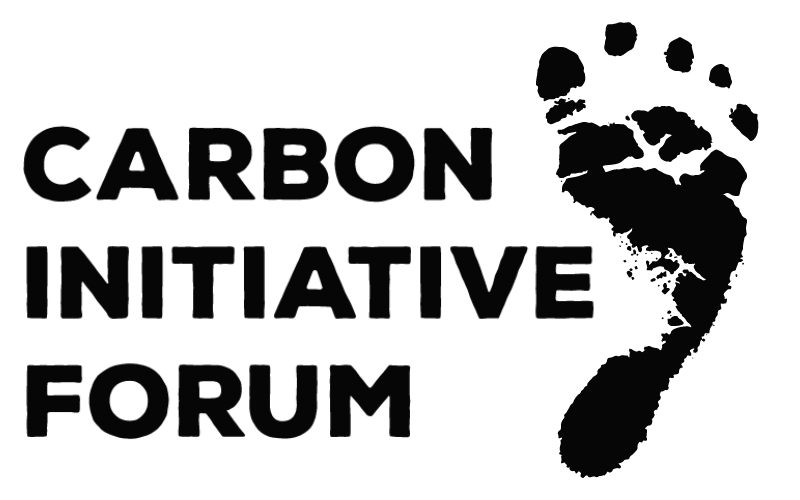Written by Sukriti Bhukkal | Header image credit: newphilosopher.com
Our planet is in essence a single system that is within a geological time scale confronted with transformations and modifications. And one of them is climate change, the fundamentals of which have been understood and deducted for decades. The earth’s system comprises gases such as carbon dioxide and methane which are not injurious per se; rather they are essential for the planet’s climate to remain steady for life forms to exist. However, an increase in their production and hence, their quantity leads to rising in temperatures, as it has, impacting our sustenance.
This recycled heat does more than just bump up the thermometer as warm air can hold more moisture and water vapor itself is a greenhouse gas so the planet’s complete hydrological cycle is negatively affected i.e. more evaporation, more precipitation and more extremes in general. According to experts, if we continue with the current trajectory, by the time the children of our times reach middle age, the levels of atmospheric CO2 will reach twice that of our planet’s long time natural level and this is precisely why we are already witnessing an increase in the global temperatures and its ramifications. Four per cent more moisture in the atmosphere above the ocean is enough to transition into a ‘new normal’ which entails dramatic weather events, floods, storms, droughts, fires and they’re already occurring at a frequency and intensity we have never experienced throughout human history.
The question which is, therefore, posed is that how did we get here? How can one species change a planet?
As mentioned before, 250 years ago, England was fuelled by coal and oil and numerous other interesting inventions appeared which ignited the Industrial Revolution and spread like wildfire through Europe, North America, Japan, and then elsewhere. The great railways, cars and highways linking the public across the globe, medical discoveries saved millions of lives, high yield fertilizers meant we could feed more people, the population rose rapidly but this was zilch compared to what lay in the future.
The 1950s marked the start of an extraordinary acceleration – globalisation, marketing, tourism and huge investments which aided in massive growth. People flocked to the newly created urban areas that became very influential due to several developments taking place. It can be said that humankind has and is dramatically and profoundly altering the fabric of the planet and its natural cycles. Extreme climate occurrences like the loss of biodiversity, acidification of oceans, hole in the ozone layer, melting of glaciers et al. are a testament to this assertion.
The Intergovernmental Panel on Climate Change (IPCC) which assesses the risks and options available for societies in its report in 2018 stated that it ‘is extremely likely that humans are the dominant cause of warming in the past sixty years. Moreover, without deep emission cuts, it is estimated that the earth will overcome the target of 1.5o Celsius above pre-industrial levels. This could happen as early as the year 2050.’
Concerning Anthropocene, scientists claim that long after we are extinct, the imprint of our existence will be visible in the sedimentary rocks that formed the foundation of the ‘new world’. In other words, dramatic change in the materials of nature will be posited on the planet.
Scientists and geologists are, as we observe, waking up to repercussions of everyday warnings and the possibility of human extinction on the earth ‘rendered uninhabitable by our disruption of the earth’s system.’ In a way, we are a force to be reckoned with, as even in the wildest corners of the Earth, there is no escape from human influence. Truthfully stating, if humans were to be eliminated from the earth, the earth might not live on in a meaningful way as it is the human species that give the earth meaning elevating it as a unique planet in the cosmos. It is not correct, according to environmentalists that nature does not require humankind. It is a possibility as Claude Levis Strauss once remarked that the ‘world began without man and will end without man’ but we cannot perhaps deny the role of a human in defining it. Modern humanity may soon disappear from the face of this planet yet its impact shall be indelible.
As a result, only recently it has been officially acknowledged by the Anthropocene Working Group (AWG) that we have entered the ‘Anthropocene’, a new geological epoch dominated by humanity. The term ‘Anthropocene’ was coined in the year 2000 by Nobel Laureate Paul Crutzen and Eugene Stoermer to denote the current geological time interval in which human activity has altered many conditions and processes on Earth. This persistent pressure on our planet risks unprecedented destabilisation and the climate system is changing rapidly.


Comments